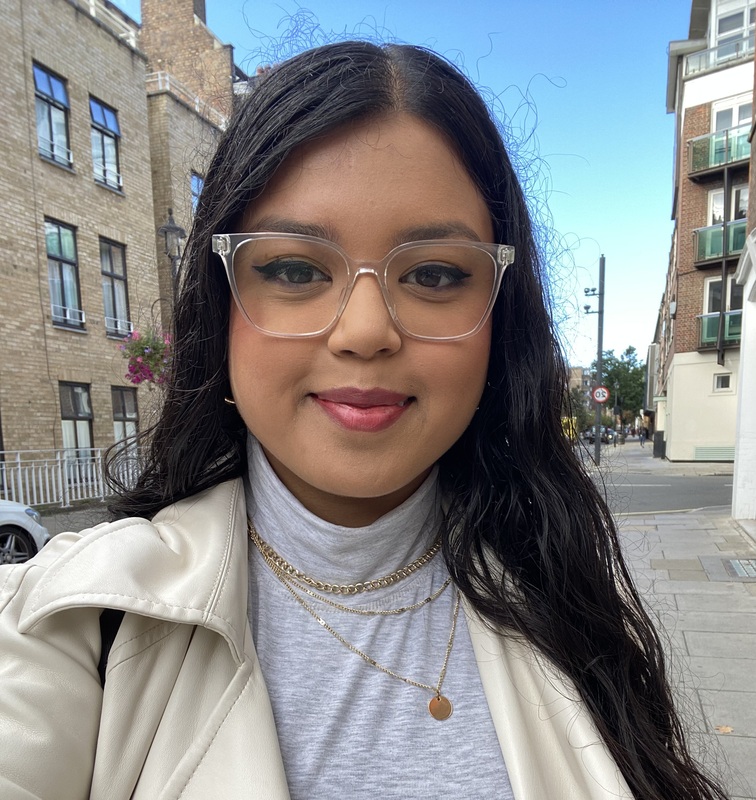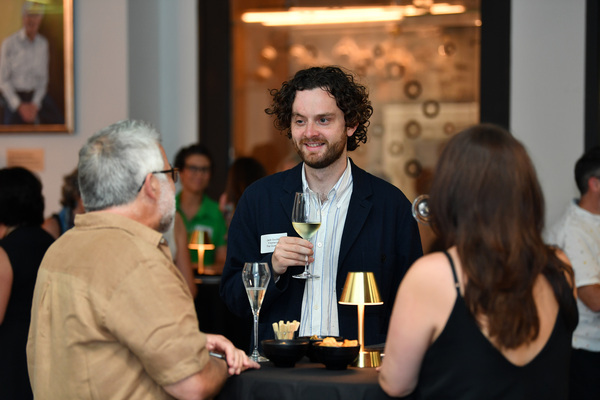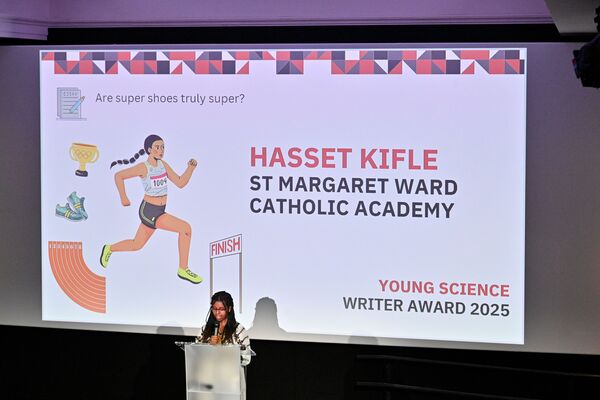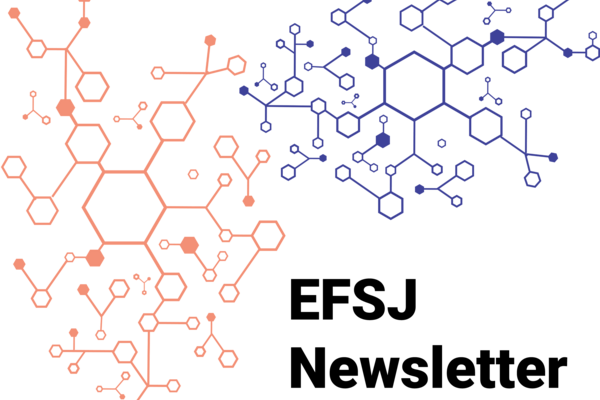Picture: The Award-winning doctor and writer on ADHD, Jack Goulder, attended the 2025 ABSW Awards Ceremony at the Royal Institute. Credits: Mark Lewis Photography
In a world flooded with medical jargon and rushed consultations, Jack Goulder’s writing shines a light on the human stories behind the diagnosis of ADHD (Attention-Deficit/Hyperactivity Disorder). His deeply empathetic and meticulous writing, published in The Guardian, gives a voice to the patients and doctors navigating its challenges.
This compelling storytelling has earned this medical doctor the prestigious 2025 Dr Katharine Giles Award for best popular article written by a scientist, technologist or engineer, recognising his outstanding contribution to science communication.
Read Jack Goulder’s winning piece: “A diagnosis can sweep away guilt:
the delicate art of treating ADHD,” published in The Guardian in July 2024.
I had the pleasure of interviewing Jack Goulder at the buzzing ABSW Awards Ceremony 2025 held at the Royal Institution. Surrounded by fellow winners and inspiring science communicators, Jack shared his thoughts on receiving the Award.
What first sparked your interest in medicine?
I used to work at an old people’s home during the summers when I was about 15 or 16. I quickly learned I loved looking after people, being involved in their care, and thinking through some of the health problems that come up. That made me realise it was probably the job for me—being with people and part of their lives is an enormous privilege. I also come from a medical family; my grandad was a doctor, so it was a bit in the blood.
And what keeps you curious?
My patients—definitely the people I get to meet. There’s nothing more controversial, political, or fascinating than watching people try to look after their health. Seeing the issues that come up, how we talk about them, and the contradictions that arise really drive my interest.
One surprising discovery while working on the article was that the way children present to NHS mental health clinics has changed over time. The idea of what a troubled child is has shifted. In the past, it was more about acting out—running away, drinking, smoking, and drug use. Those behaviours have declined, and diagnoses like ADHD have become more common. The cultural component of how young people express distress fascinated me, and I continue to explore what we can do about it as doctors.
What is one challenge you have overcome?
A big challenge for me has been restlessness in my interests. It’s taken a long time to find the right place where I can be a doctor while also exploring these issues through research and writing for a general audience. The hardest part has been keeping myself grounded and using that energy in a focused way. But I don’t regret the journey—it’s taken me to some really interesting places.
If you could go back in time, what would you tell your younger self starting out?
It gets a lot easier. I remember my first day on the wards [as a doctor]—I was terrified. I didn’t know what I was doing. I was bleary-eyed and optimistic, and then the COVID-19 pandemic hit. So many colleagues—not just doctors but across the NHS—faced incredibly difficult years dealing with complex challenges. But pushing through has been so rewarding. I’d tell my younger self: it’s a tough time to be in healthcare, and to be a patient too, but stick with it. It’s getting better.
What does winning this award mean to you?
It means a huge amount. I'm a really new writer, and I have to thank my editor Claire Longrigg at The Guardian, who is amazing. She guided me through so many drafts. This prize feels like it belongs as much to The Guardian long read team as to me. It means a lot to bring these stories to life—the people I got to know and work with. Hopefully, it helps demystify some of that experience.
What’s next for you?
I'm about to start a research job at UCL, looking at the early social, political, and economic causes of mental health issues in young people, especially those who develop serious disorders like psychosis and schizophrenia. I’m excited to explore those questions while continuing to write for a broader audience and examining these problems from a historical perspective.
The ABSW Dr Katherine Giles Award for best popular article written by a scientist, technologist or engineer is supported by the Dr Katharine Giles Fund.

Sanjidah Sabur is a Science Writer and Physics Teacher with a degree in Astrophysics. As a passionate Science Communicator, she creates engaging written and video content that brings science to life for young audiences, with a focus on accessibility, inclusion, and cultural relevance.










